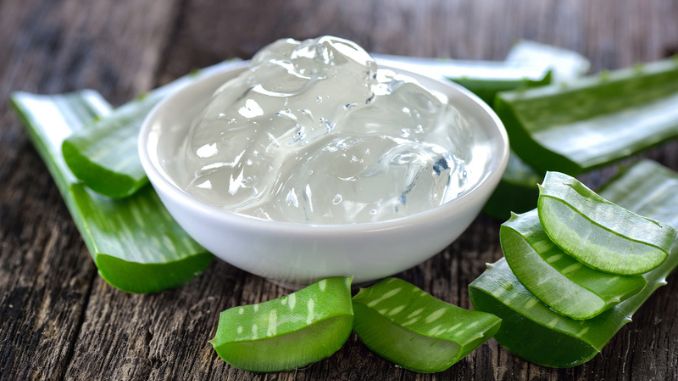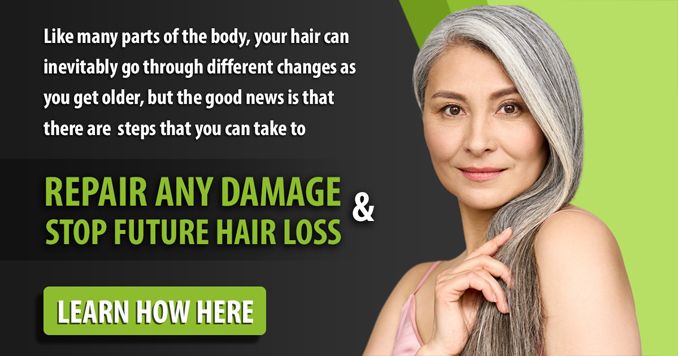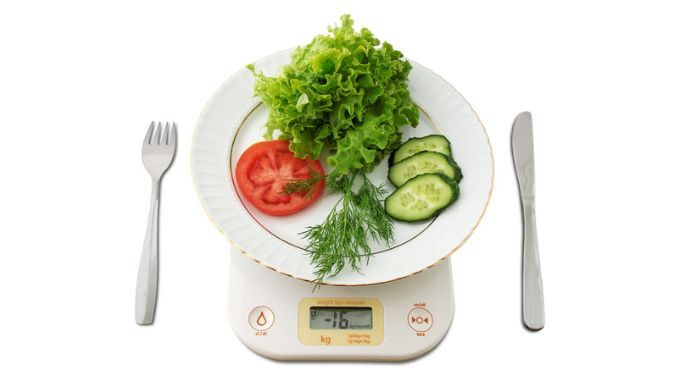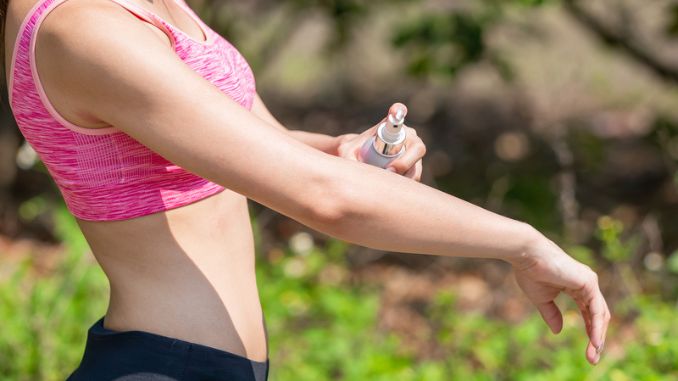Dandruff is a major problem that causes small skin flakes to come off the scalp. Even though many people believe that dandruff is caused by poor hygiene or a dry scalp, this is not the case. Many factors can cause dandruff, such as dry skin, seborrheic dermatologists, sensitive hair products, and the growth of a particular type of fungus on your scalp. According to Zena Medical’s Dr. Zenovia Gabriel, Malassezia (a fungus) partly causes dandruff. Malassezia is a fungus that lives naturally on the skin. However, if the fungus becomes too large or unbalanced, it can cause dandruff. The body is constantly losing skin cells. However, an increase in Malassezia can cause the body to shed more skin cells and grow faster. Many factors, including hormones, stress, and age can cause Malassezia.
By any means, it is no fun to deal with, especially when the normal method of using anti-dandruff hair products does not do the trick. There is good news, though: there are some natural ways to treat dandruff for good.
Many over-the-counter products can be used to treat dandruff. However, natural treatments are often just the same.
11 easy home remedies that can naturally eliminate dandruff
1. Watch Your Diet & Get More Vitamin B
The experts don’t necessarily blame dandruff on a poor diet. They do agree, however, that certain foods may cause flare-ups. If you already have a scalp prone to dandruff, eating food with a high percentage of fats will make it worse. Consuming less saturated and trans fats will yield major benefits for your scalp.
Some studies suggest that diet changes can prevent fungal infections by stopping yeast growth and improving the microbiome. This may help treat dandruff.
You might want to limit certain foods.
- Refined carbs like white bread, white pasta and tortillas, crackers, and so on
- Red meat
- Processed foods
- Fried foods
- Sugary foods and drinks
Certain foods can also cause dandruff by causing flare-ups in skin conditions like eczema. Although trigger foods can vary from person to person, the most common ones are white flour, gluten-containing food, and nightshades like eggplants, tomatoes, and peppers.
Another thing that causes dandruff? Not eating enough foods which contain the B vitamin complex and, therefore, not getting biotin, which forms hair cells. Sources of B vitamins include avocados, nuts, olives, bananas, and oatmeal.
2. Apple Cider Vinegar
This uncommon treat for dandruff may be the key to ridding your hair of dandruff for good. It effectively removes the bacteria on the scalp and replenishes the hair’s health. The vinegar in the rinse kills the fungus that causes dandruff. It also removes any dead skin that clogs up the pores.
To do the rinse, buy some organic apple cider vinegar and bring 1 cup into the shower. Instead of shampooing, pour the vinegar over your scalp and massage it like you would with shampoo. Do this for several minutes. Then, rinse your hair and condition the ends. Be sure to do this procedure every 1-2 weeks or as often as needed.
3. Tea Tree Oil
Many cultures use tea tree oil as a panacea to treat various diseases. It can surprisingly treat dandruff on the scalp. It acts as a fungicide and creates a nice soothing sensation when applied to the skin. This is nice for those with dandruff; it will relieve any itch you may have! It is very potent and could be harmful. Do not ingest this.
To use it for your dandruff, mix 1 tablespoon of organic tea tree oil with 1 cup of water in a spray bottle. Shake to mix and get into the shower. After shampooing, spray the liquid onto your hair roots. Massage it into your scalp using gentle circular motions. Do not rinse the tea tree oil out of your hair.
4. Coconut oil
Coconut oil is a well-known natural treatment for dandruff. It can improve skin hydration and prevent dryness. Some research has shown that coconut oil can be as effective in improving skin hydration as mineral oil when used as a moisturizer.
Research suggests that coconut oil may be helpful in the treatment of eczema (a skin condition that can lead to dandruff). A study found that coconut oil applied to the skin lowered symptoms of atopic dermatology — a condition characterized by itching and inflammation.
5. Aloe vera
Basically, aloe vera, a succulent, is often used in skin lotions, cosmetics, and ointments. It can be applied to the scalp to treat dandruff and other skin conditions like burns, psoriasis, and cold sores.
One review suggests that aloe vera’s antibacterial and antifungal qualities may help to prevent dandruff. Similar results were acquired in test tubes. Aloe vera is effective against various fungi. It may also help to control some fungal infections.
Aloe vera has also been shown to reduce inflammation.
6. Minimize stress levels
It is believed that stress can affect all aspects of health and well-being, including mental health. Although stress doesn’t cause dandruff, it can worsen symptoms like dryness or itching.
High levels of stress can cause long-term changes in your immune system activity. This could impair your body’s ability to fight fungal infections or skin conditions, contributing to dandruff.
You can use stress reduction techniques like meditation, yoga, deep breathing, aromatherapy, and yoga to control your stress levels.
7. Baking soda
Baking soda can be used as a quick and convenient dandruff treatment. It is believed to be a gentle exfoliant that removes dead skin cells, reduces scaling, and helps with itching. Dandruff treatment may also benefit from its antifungal properties.
A test tube study from an older time measured the antifungal properties of baking soda on fungus strains that can cause skin infections. It inhibited fungal growth in 79%. A second older study reviewed the effects of baking soda in 31 patients with psoriasis. After three weeks, the irritation and itching were significantly reduced by using baking soda baths.
As one study showed that baking soda did not affect skin reddening, skin hydration, or psoriasis, we need to conduct further research.
Apply baking soda to your hair, and massage it into the scalp for the best results. Allow it to sit for about 1-2 minutes before you shampoo your hair again.
8. Probiotics
Probiotics, beneficial bacteria, have been shown to provide many health benefits, including lower cholesterol, allergy protection, weight loss, and reduced risk of developing heart disease.
These bacteria can also improve immune function, which could help your body fight fungal infections that cause dandruff. One study showed that taking probiotics for 56 consecutive days significantly reduced the severity of dandruff in 60 people.
Probiotics can also treat and prevent skin conditions like eczema or dermatitis in children, particularly infants.
You can conveniently purchase supplements to have quick and easy access to probiotics. You can also find them in many fermented foods, such as kombucha and tempeh.
9. Omega-3s
Your body plays a vital role with Omega-3 fatty acids. They are vital for your heart, immune system, and lung function. Omega-3s are essential for skin health. They are vital for skin health and help to regulate oil production and hydration.
Insufficient omega-3 fatty acids can lead to various symptoms, including dry hair, skin, and even dandruff. While more research is required, omega-3 oils may reduce inflammation and relieve irritation and dandruff symptoms.
Omega-3 fatty acid-rich fish such as salmon, mackerel, and trout are excellent sources. A fish oil supplement can be taken, or you can increase your intake of omega-3-rich foods like flaxseeds, chia seeds, and walnuts.
10. Aspirin
Salicylic acid is one of the primary components in aspirin responsible for its anti-inflammatory properties. It helps remove scaly skin and loosen flakes so they can be removed. This acid can also be found in many anti-dandruff shampoos.
In an older study that lasted four weeks, 19 people who had dandruff tried two shampoos. One contained piroctone and salicylic acids, and the other contained zincpyrithione. Both shampoos reduced dandruff, but the one with salicylic acid was more effective at lowering scaling.
A small study also showed that shampoos containing salicylic acids and other ingredients like glycolic acid or urea significantly reduced irritation and itching in 10 patients with scalp inflammation.
You can make a quick remedy for dandruff by crushing two aspirin tablets and mixing the powder into your shampoo.
11. Get Outside
Studies have shown links between dandruff and time spent in the sun. More time spent in sunlight correlated with less dandruff. Try to spend at least 20 minutes in the sun daily, even in the winter. Be careful and do not spend too much time outside, as the sun’s UV rays may harm the skin.
The Bottom Line
Dandruff is a problem that can be difficult to manage. However, natural treatments may help reduce the symptoms and provide relief.
Try these natural treatments to reduce dandruff and support your scalp health next time you notice flakes. These treatments may not work. Consult a dermatologist if you need long-lasting relief.

Rick Kaselj MS, is a leading kinesiologist and injury specialist as well as co-creator of the best-selling Unlock Your Hip Flexors program. Rick creates exercise programs that help people heal injuries and eliminate pain, so they can go back to living a full, active, healthy life.














